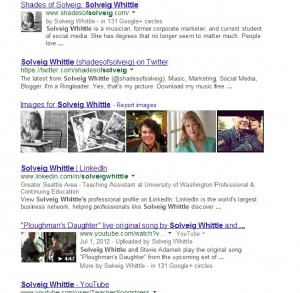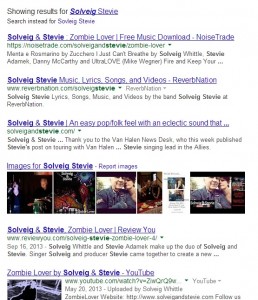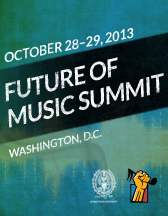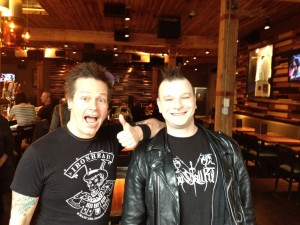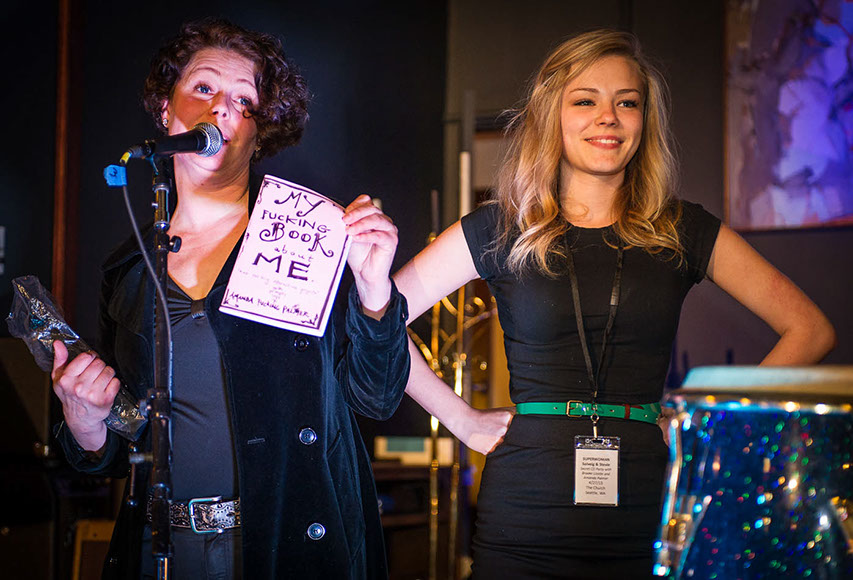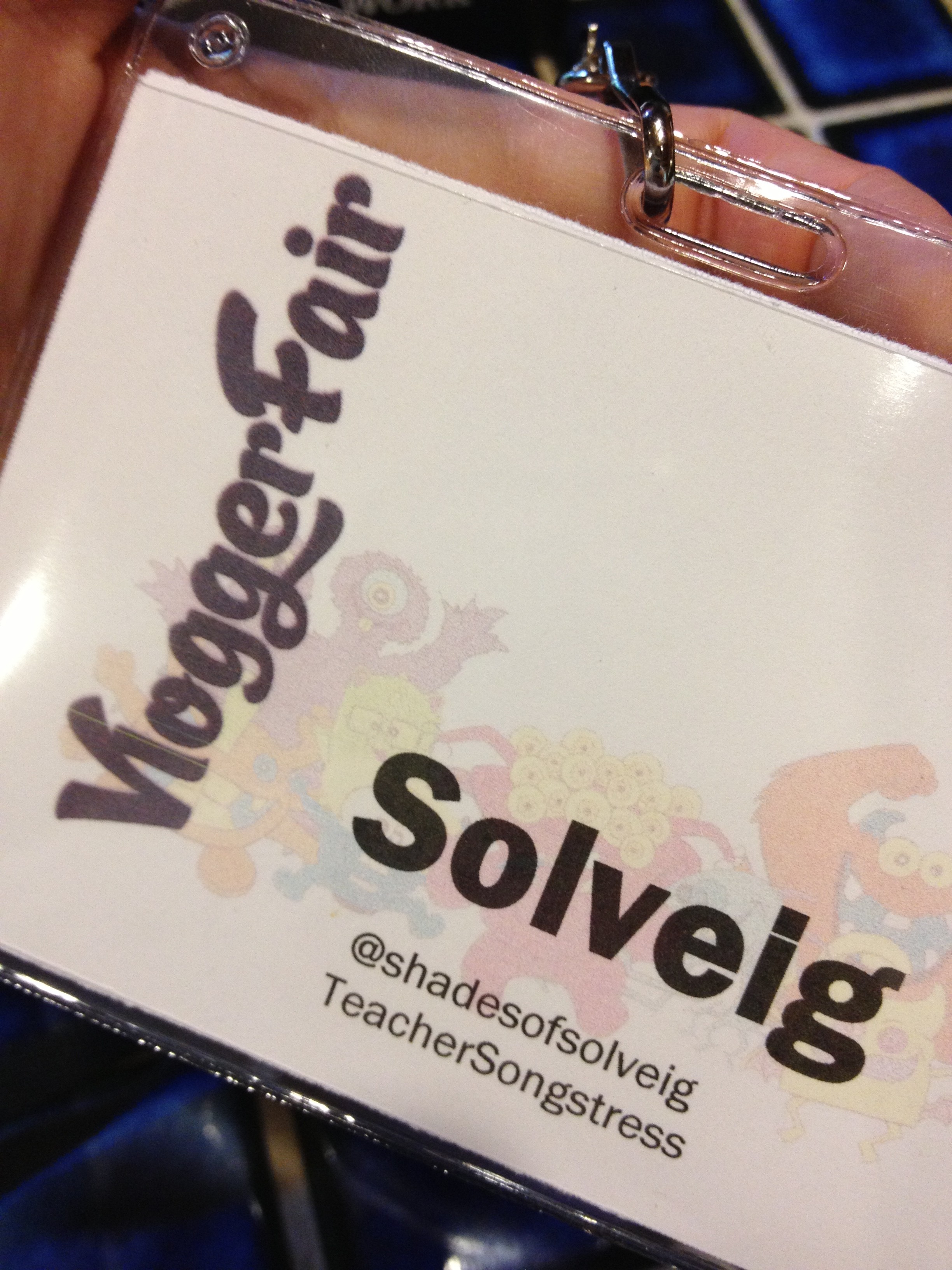Stevie and I were talking the other day about the fact that all of his professional musician friends are childless. As a member of GoGirls, I have also gotten to know many female musicians online. I’ve noticed that in general, the women I have met online who are working musicians (those who make a living working full-time as musicians – no day job) don’t seem to have any children. My local female musician friends are the same way – regardless of age, they have no children.
It got me thinking – why is it that being a professional musician and having children seem to be incompatible, especially for women? I’ve also been thinking a lot lately about touring – is it a necessary part of a band’s evolution?
I have decided that it may well be true that these are two very important things that separate a professional musician from an amateur: having children and touring. Of course, these two things are related. This is one of the reasons that choosing to be a professional musician is perceived (perhaps logically) as a young, childless person’s game. Touring and putting off having children are both things that younger musicians do, but find increasingly difficult to juggle as they get older.
(Note an important caveat: the story may be different for professional studio musicians or those who write and record music primarily to license it for film and TV. This post is meant for indie musicians who are performing artists with their own original music groups).
Having Children
Let’s face it, male musicians can and do have children, but only if they find a partner willing to stay home and take care of their kids for them while they are out on the road making a living. In some ways, that’s even harder, because they then have to make enough money to support not only the band, but their families back home. If you read Peter Townsend’s recent autobiography, Who I Am, he talks about the pressures he felt to continue touring to support his wife and children. This was true even mid-career, when people would have assumed The Who were so successful that Townsend could have slacked off or retired.
For female musicians it’s a lot less acceptable to have kids. It may be a provocative thing to say, but I think society frowns more on the absentee musician mother than the absentee musician father. Other (childless) musicians look at you sideways when you have to leave rehearsal suddenly because of a sick child (been there, done that).
Here are a few of the other reasons I think many musicians – men, too, but especially women – have to choose (or feel they have to choose) between a professional music career and having a family:



